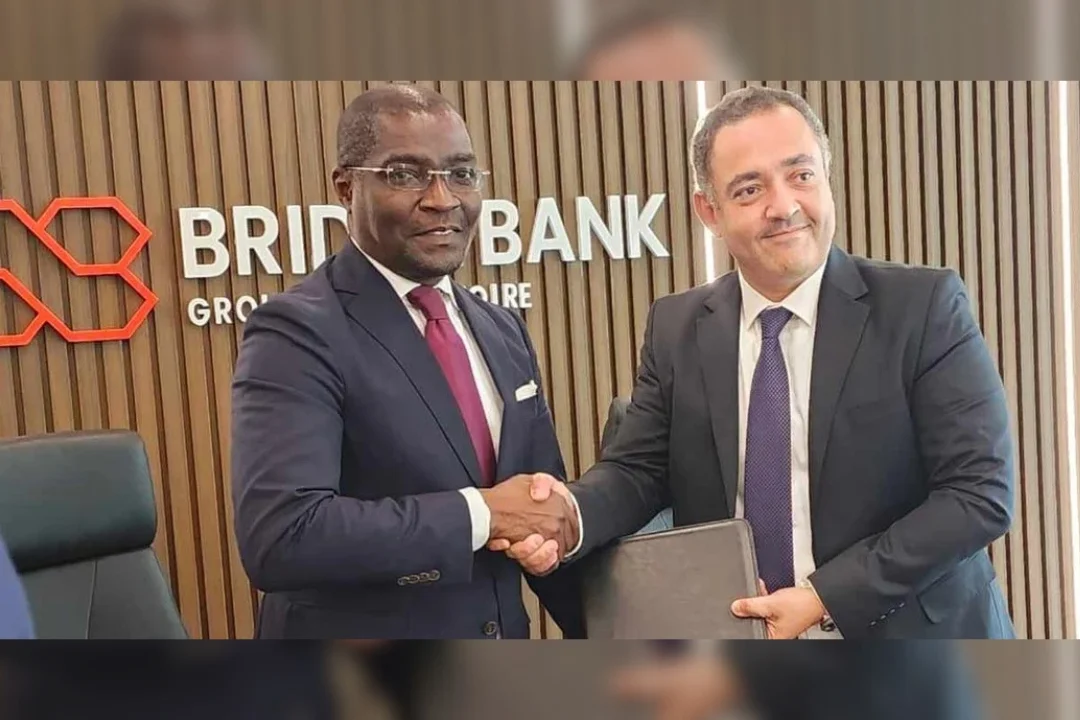Ivory Coast: boosting Africa’s trade finance to empower SMEs

Abidjan is set to host the 25th African Trade Finance Seminar (ATFS2025) from November 4 to 6, 2025, bringing together African and international experts to tackle the continent’s persistent trade finance gap.
Organized by the African Export-Import Bank (Afreximbank), the event will focus on innovative solutions to support small and medium-sized enterprises (SMEs) and stimulate intra-African trade.
Faced with an annual trade finance shortfall estimated at US$100 billion, African economies have struggled to provide adequate financing for SMEs, which make up over 90% of the continent’s economic fabric.
Traditional banks have largely overlooked these businesses, leaving a critical gap that Afreximbank hopes to address through structured trade finance.
“Structured trade finance is Africa’s way of transforming unbankable deals into viable trade. This seminar equips financial leaders with the tools to unlock broad-based growth, especially in a challenging environment,” said Gwen Mwaba, Managing Director of Trade Finance and Correspondent Banking at Afreximbank.
A factoring workshop on November 7 will complement the seminar, offering in-depth discussion on financing mechanisms tailored to Africa’s unique economic landscape.
By hosting the training locally, hundreds of African professionals can gain expertise at a fraction of the cost of similar programs in London, Singapore, or New York.
The ATFS2025 agenda features keynote speeches, interactive workshops, and high-level panel discussions. Topics include unlocking Africa’s trade finance potential, led by Marc Auboin of the World Trade Organization, and Africa’s emerging role in global energy finance, presented by Sylvia Macri of S&P Global Commodity Insights. Sessions on reserve-based lending, syndications, export credit agencies, and the broader African lending landscape will also form part of the program.
Afreximbank aims for ATFS2025 to strengthen the continent’s financial capacity, enhance SMEs’ access to capital, and boost African competitiveness in global markets. By equipping local professionals with practical skills and knowledge, the bank seeks to ensure Africa can lead its own trade development and reduce dependence on foreign lenders.
The seminar underscores a broader ambition: enabling African economies to turn financial challenges into opportunities for sustainable growth, fostering a new era of intra-continental commerce.
About The Author
dailymailafric
I am an avid African news observer, and an active member of Daily Mail Africa.
I’m Passionate about staying informed on diverse topics across the continent,
I actively contribute to publishing on political, economic and cultural developments in Africa.



